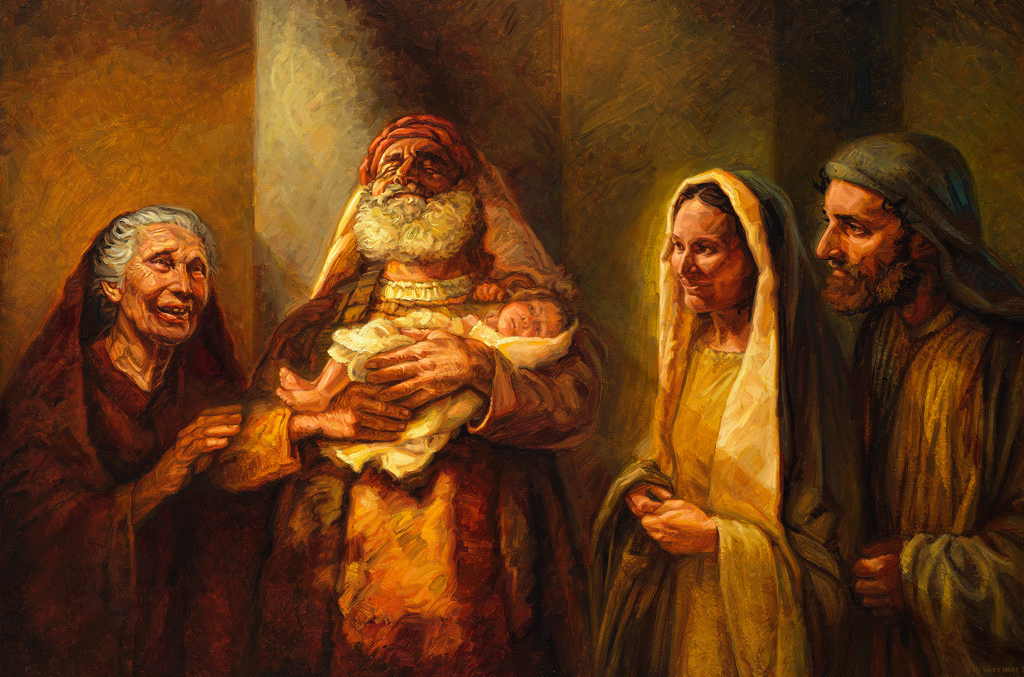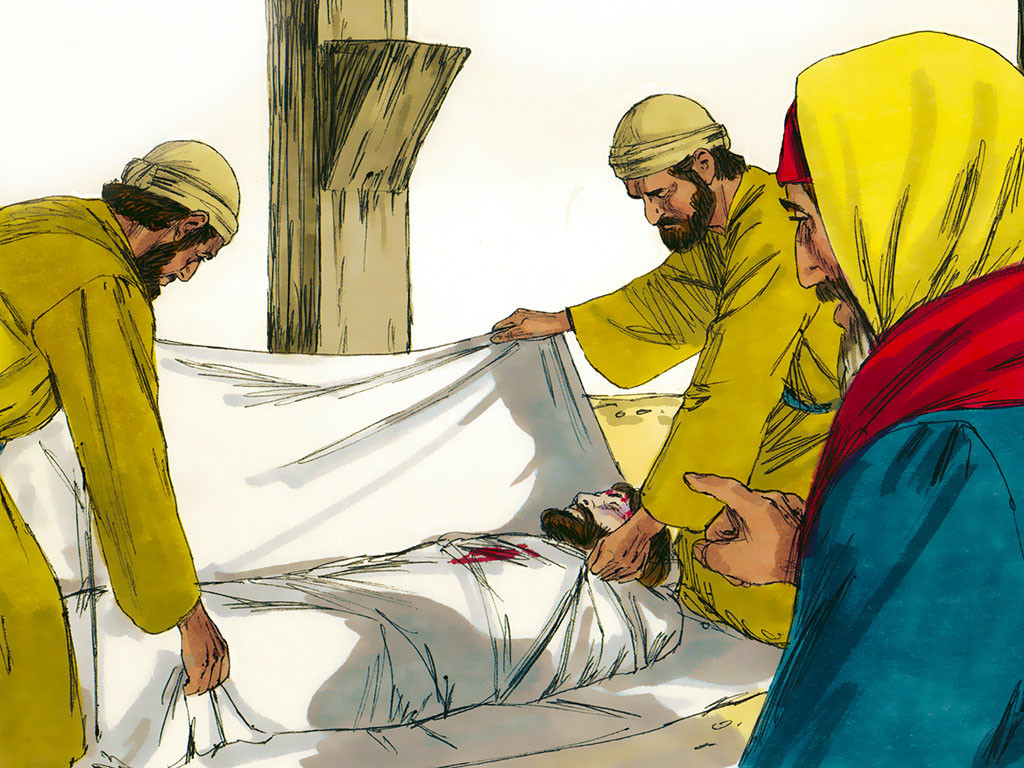Sermon 1 The Bible and Getting Ready
Every night we have strange visitors. We sleep, we dream, but often we are puzzled and even confused. Do we think about our dreams or forget them? I will argue that they can be like angels, who sometimes bring messages from God.
The Bible reflects the way people valued dreams as a way that God spoke to a pharaoh, pagan kings, prophets and apostles. In the 20th century psychoanalytic thinking saw dreams coming from the unconscious with important implications for daily living. I will preach four sermons on how to understand your dreams from a spiritual perspective. Then I will offer a Saturday afternoon workshop for you to share a dream with others – perhaps gain further insights.
Early in the year we had some study groups on dreams, but I thought that there might be wider interest in the topic, hence this series of sermons and a workshop.
Dreams were important in the Bible. This is obvious in the Genesis passage of Jacob’s dream, “There was a ladder set up on earth, the top of it reaching to heaven and the angels of God were ascending and descending on it.” (28:12) My first thought is of Bath Abbey and the portrayal of this dream in stone on the west face. (overhead image) But Jacob was given a more spiritual interpretation with the land as a promise to him and his descendants. God said, “I will not leave you until I done what I have promised to you” (28: 15). However, I am not the only person to remain puzzled at the link between this dream and that promise. Jacob at least understood “this is the gate of heaven”.
Perhaps like Jacob we have mysterious dreams, but find it hard to make any sense of the experience, and somehow find any relation to ‘everyday reality’.
Illustration When I was a young man, before my conversion to Christianity, I broke off an engagement as a result of a dream. Has a dream ever influenced your actions?
Abraham Herschel had a dream in the late 19th century of the Jews returning to the promised land. This led to establishing the Zionist movement and the eventual Jewish state.
[Read more…]
